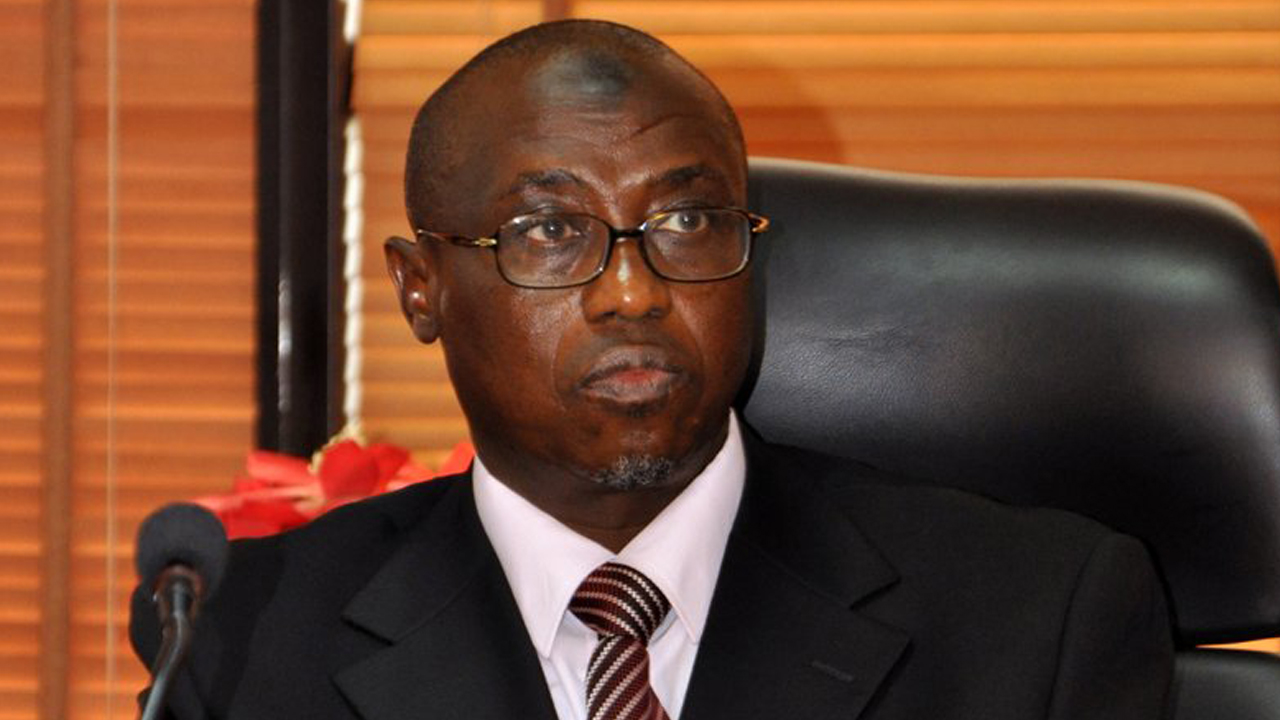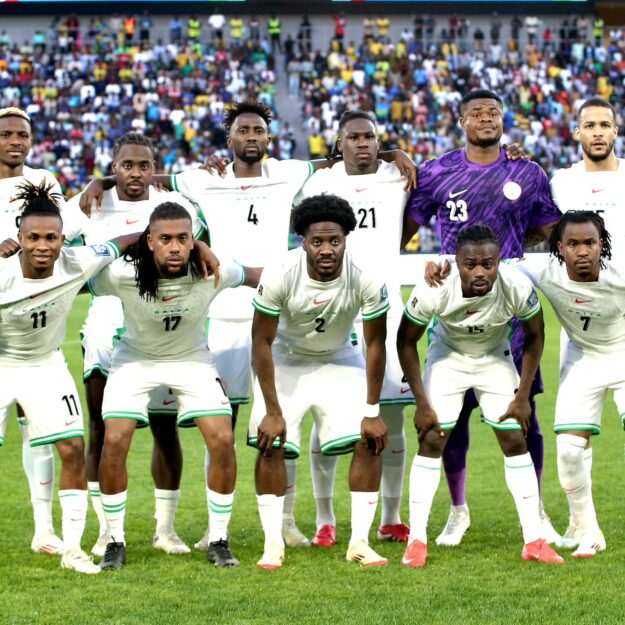
Federal government deep water operations have generated revenue exceeding $180billion following industry players’ capital investment in excess of $65billion with the potentials for growth amidst untapped abundant opportunities in the sector.
The group managing director of the Nigerian National Petroleum Corporation (NNPC), Maikanti Baru, made this disclosure while delivering a paper entitled: “Deepwater Operations in Nigeria: The journey so far” at the Panel session of the Petroleum Technology Association of Nigeria (PETAN) in the ongoing golden anniversary of the Offshore Technology Conference (OTC) in Houston, Texas.
Represented by the chief operating officer, Upstream of the NNPC, Bello Rabiu, Baru stated that Nigeria held approximately 13billion barrels of oil, out of which about 2billion has been produced with a huge volume yet untapped.
The group general manager, group public affairs division, Ndu Ughamadu, disclosed this in a statement.
Baru said Nigeria remained an active player relative to other regions in terms of deep water development, stressing that the industry started with the deployment of latest technology, a stride it has continued to maintain.
“Out of the 15 Floating Production Storage and Offloading (FPSO) in Nigeria, seven have been deployed for deep water operations. Nigeria ranks only behind Angola within the African deepwater operations in terms of FPSO deployment,” Dr. Baru informed.
According to the GMD, the country has utilised each deep water project as an avenue to upscale its unique human capital skills in different areas not limited to engineering design, project management, welding and diving.
He added the local content contribution or services share in deep water had continued to grow and improve from the sub 1% level to an aggregate contribution of over 25%, from engineering man-hours of less than 20,000 to over 1.1million in recent Egina project.
“With the Nigerian content, tonnage has grown by 600% from the first deepwater project till date,” Baru noted.
The NNPC helmsman stated that deep water projects had benefited the wider economy by boosting demand for a range of goods and services, including offshore vessels and platforms, materials, floating hotels, helicopters and manpower, creating jobs and providing wide range of training and maintenance services to the industry locally.
He added that services in areas such as manpower supply, logistics, and vessel supply, chemical supplies had more or less been domesticated in the deep water value chain.
You may be interested

Boniface Scores As Leverkusen Beat Bochum, Close In On Bayern Munich
Webby - March 28, 2025Victor Boniface was on target for Bayer Leverkusen in their 3-1 home win against Bochum in the Bundesliga on Friday…

NPFL: Defeat To Kwara United Painful — Nasarawa United Boss Yusuf
Webby - March 27, 2025Nasarawa United head coach Salisu Yusuf has reacted to his team’s 1-0 loss to Kwara United, reports Completesports.com. Emeka Onyema…

Cote d’Ivoire Withdraw As Host Of U-20 AFCON
Webby - March 27, 2025Cote d’Ivoire announced late Tuesday its withdrawal from hosting the 2025 U-20 Africa Cup of Nations just weeks before the…





















![American Pastor, David Wilson Seen Eating The Box Of Woman Who Isn’t His Wife [Video]](https://onlinenigeria.com/wp-content/uploads/2019/10/american-pastor-david-wilson-seen-eating-the-box-of-woman-who-isnt-his-wife-video-150x150.jpg)









